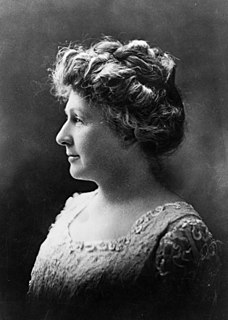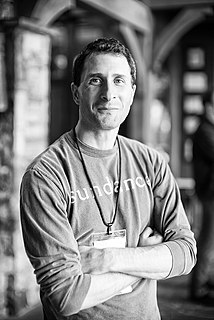A Quote by Frederick Soddy
The energy available for each individual man is his income, and the philosophy which can teach him to be content with penury should be capable of teaching him also the uses of wealth.
Related Quotes
The day is not far distant when the man who dies leaving behind him millions of available wealth, which was free for him to administer during life, will pass away unwept, unhonored, and unsung, no matter to what uses he leave the dross which he cannot take with him. Of such as these the public verdict will then be: The man who dies thus rich dies disgraced. Such, in my opinion, is the true gospel concerning wealth, obedience to which is destined some day to solve the problem of the rich and the poor.
I think theoretically if a man is young and healthy society should not give him a basic income. He should not be given dole. He should not be eligible for welfare. If he can work and if there is work available, he should take his choice. If he wants to be a hermit or beggar, that's fine. If he wants to move with the sun and live off the land, that's fine. If he is in a society which has work for him I don't think he should theoretically be eligible for welfare.
The great object of Education should be commensurate with the object of life. It should be a moral one; to teach self-trust: to inspire the youthful man with an interest in himself; with a curiosity touching his own nature; to acquaint him with the resources of his mind, and to teach him that there is all his strength.
Society is to the individual what the sun and showers are to the seed. It develops him, expands him, unfolds him, calls him out of himself. Other men are his opportunity. Each one is a match which ignites some new tinder in him unignitible by any previous match. Without these the sparks of individuality would sleep in him forever.
To be successful, a man must exert an effective influence upon his brothers and upon his associates, and the degree in which he accomplishes this depends on the personality of the man. The incandescence of which he is capable. The flame of fire that burns inside of him. The magnetism which draws the heart of other men to him.
No marvel if the worldling escape earthly afflictions. God corrects him not. He is base born and begot. God will not do him the favour to whip him. The world afflicts him not, because it loves him: for each man is indulgent to his own. God uses not the rod where He means to use the Word. The pillory or scourge is for those malefactors that shall escape execution.
One can't prescribe books, even the best books, to people unless one knows a good deal about each individual person. If a man is keen on reading, I think he ought to open his mind to some older man who knows him and his life, and to take his advice in the matter, and above all, to discuss with him the first books that interest him.
Utopianism also attempts to shape and dominate the individual by doing two things at once: it strips the individual of his uniqueness, making him indistinguishable from the multitudes that form what is commonly referred to as 'the masses,' but it simultaneously assigns him a group identity based on race, ethnicity, age, gender, income, etc., to highlight differences within the masses.
My conception of the audience is of a public each member of which is carrying about with him what he thinks is an anxiety, or a hope, or a preoccupation which is his alone and isolates him from mankind and in this respect at least the function of a play is to reveal him to himself so that he may touch others by virtue of the revelation of his mutuality with them. If only for this reason I regard the theater as a serious business, one that makes or should make man more human, which is to say, less alone.
The man of wealth [should] consider all surplus revenues which come to him simply as trust funds, which he is called upon to administer to produce the most beneficial results for the community - the man of wealth thus becoming the mere trustee and agent for his poorer brethren, bringing to their service his superior wisdom, experience and ability to administer, doing for them better than that they would or could do for themselves.
The art of using troops is this:
......When ten to the enemy's one, surround him;
......When five times his strength, attack him;
......If double his strength, divide him;
......If equally matched you may engage him;
......If weaker numerically, be capable of withdrawing;
......And if in all respects unequal, be capable of eluding him,
..........for a small force is but booty for one more powerful.
The artist should paint not only what he sees before him, but also what he sees within him. If, however, he sees nothing within him, then he should also refrain from painting that which he sees before him. Otherwise, his pictures will be like those folding screens behind which one expects to find only the sick or the dead.



































